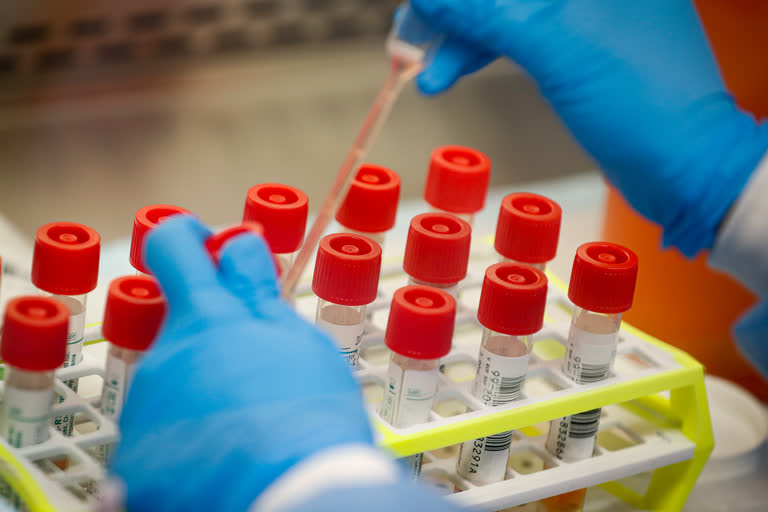Washington: A series of missteps at the US' top public health agency caused a critical shortage of reliable laboratory tests for the coronavirus, hobbling the federal response as the pandemic spread across the country like wildfire, an Associated Press review found.
President Donald Trump assured Americans early this month that the COVID-19 test developed by the Centers for Disease Control and Prevention (CDC) is “perfect” and that “anyone who wants a test can get a test.” But more than two months after the first US case of the new disease was confirmed, many people still cannot get tested.
Read also: UK introduces stricter measures to fight COVID-19
In the critical month of February, as the virus began taking root in the US population, CDC data shows government labs processed 352 COVID-19 tests — an average of only a dozen per day.
“You cannot fight a fire blindfolded,” Tedros Adhanom Ghebreyesus, head of the World Health Organization, said at a recent briefing. “We cannot stop this pandemic if we don’t know who is infected.”
The Department of Health and Human Services, which includes the CDC, has begun an internal review to assess its own mistakes. But outside observers and federal health officials have pointed to four primary issues that together hampered the national response — the early decision not to use the test adopted by the World Health Organization, flaws with the more complex test developed by the CDC, government guidelines restricting who could be tested and delays in engaging the private sector to ramp up testing capacity.
Combined with messaging from the White House minimizing the disease, that fueled a lacklustre response that missed chances to slow the spread of the virus, they said.
“There were many, many opportunities not to end up where we are,” Dr Ashish K Jha, the director of the Global Health Institute at Harvard, told the AP. “Basically, they took this as business as usual. ... And that’s because the messaging from the White House was ‘this is not a big deal, this is no worse than the flu.’ So that message basically created no sense of urgency within the Food and Drug Administration (FDA) or the CDC to fix it.”
Even as private labs have been cleared by government regulators to process tens of thousands of additional tests in the last two weeks, experts warn that the nation is still falling well short of enough testing capacity to keep ahead of the highly contagious virus. And it can often take a week just to get results back.
Trump last week rated his administration’s response to the crisis as a perfect 10. However, Dr Anthony Fauci, the director of the National Institute of Allergy and Infectious Diseases, said the CDC's system wasn't designed to test for and track a widespread outbreak, which he characterized as “a failing.”
In interviews with the AP, two federal health officials with direct knowledge of the situation said CDC experts don't know why many of the agency’s test kits failed to reliably detect the virus. The officials spoke on the condition of anonymity because they were not authorized to speak publicly about what went wrong.
AP



